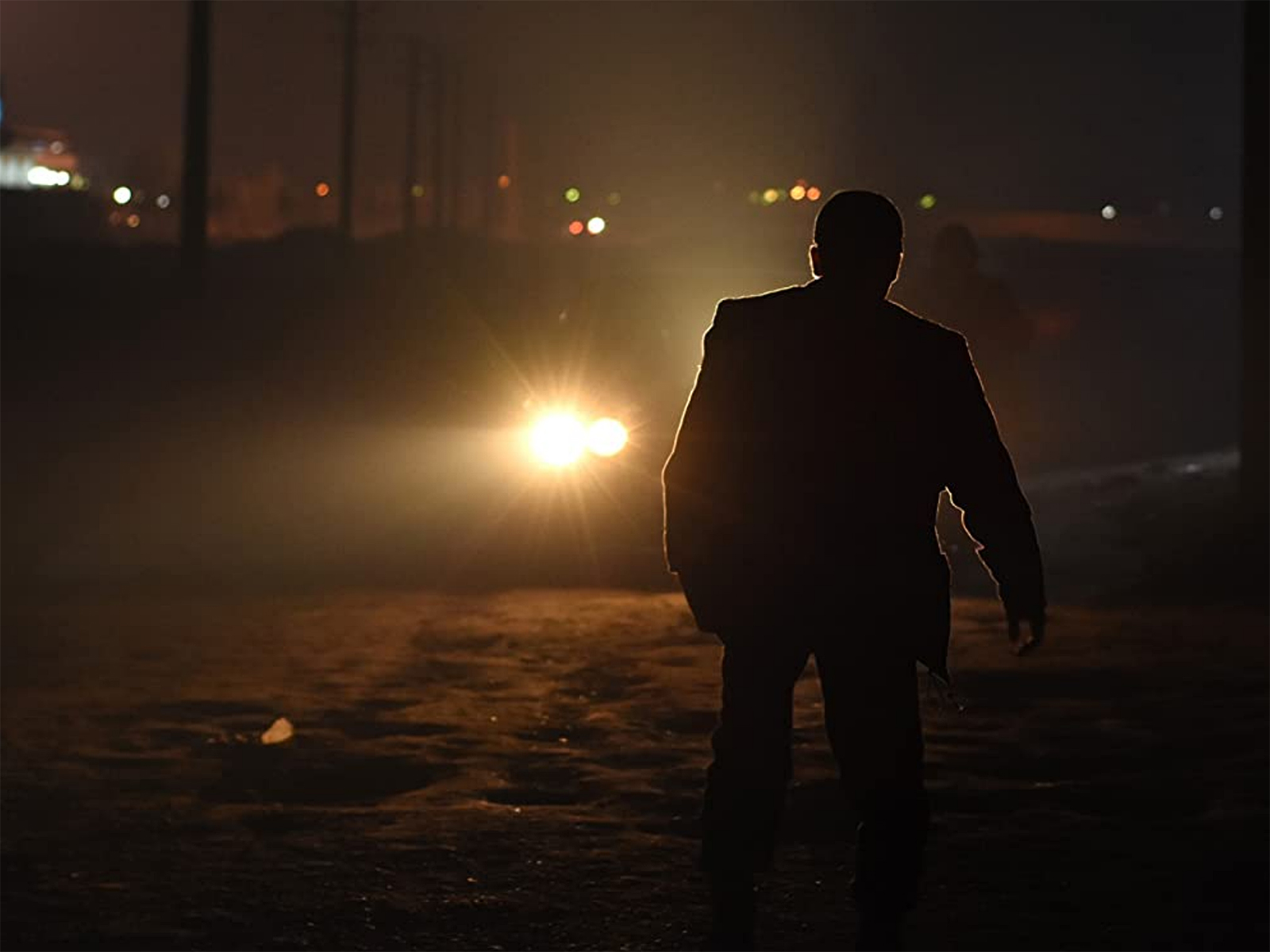
- Golden Globe Awards
There Is No Evil (Iran)
Iran, today. Forty-something Heshmat is a doting husband and father. Nothing in his ordinary life might give any clue of his job as he reports for work each morning in the early hours. The sudden revelation of what he does is a jolting gut-wrenching moment. Pouya is a young soldier next in line for the obligatory execution duties of a prisoner that will be hung. How will he be able to defy the order and find the courage to escape his responsibility to face an uncertain future? Javad sneaks away from his military service to visit his girlfriend Nana and propose. But what should have been a happy occasion will not turn out as he expected. Her family is mourning the passing of a family friend who has died under tragic circumstances. Javad struggles to reveal to his fiancée, knowing it will mean the end of their relationship. Middle-aged Bharam used to be a doctor, but gave up everything for his convictions, and now lives unassumingly with his wife in the remote countryside where he tends to bees and goes fox hunting. Will he confess to his visiting expat niece Darya the real reason of the family secret he has kept from her for twenty years?
These four stories, not related on the surface, form Muhammad Rasoulof’s There Is No Evil, a hypnotically haunting opus that won the Iranian filmmaker the Golden Bear at the Berlinale in February. An award he could not accept in person as he has been banned from leaving the country by the Islamic Republic since 2017 and sentenced to a year in prison in July 2019. But while appealing the decision, he managed to shoot his film clandestinely. Like his colleague Jafar Panahi (Taxi, This is Not a Film), Rasoulof’s films are censored and not shown in Iran.
“The common thematic that links those stories is the way one assumes the responsibility of one’s actions in a totalitarian context,” he explains. “Resisting totalitarian injunctions is a seductive idea but it has a cost, like having to renounce to some aspects of your life and sometimes having to face disapproval. It’s about disobedience. Do you take responsibility for your own resistance, for saying no and what is the price to pay? I wanted to create characters tackling personal moral dilemmas, fighting to keep their integrity, proud of having been able to disobey and who faced the consequences. Even if they lose everything, they manage to stay true to their own moral standards.”
For Rasoulof, making such a film, his eighth following A Man of Integrity, is an act of resistance. A powerful testimony from an artist who will not have his voice silenced by an oppressing and coercive regime. It can certainly be seen as a metaphor for his predicaments. “I have no other choice but to work undercover and unofficially,” he states. “I see no chance for me to go back in the official landscape of Iranian cinema.” The production was able to bypass the authorities’ attention by requesting permission to make four short films. Rasoulof’s name never appeared on the forms. Actors were only told at the last minute that he was the director. They were free to turn down the offers in order to not jeopardize the future of their respective careers by taking the risk to work for him. Still, Rasoulof prefers not to label the movie as political statement per se. “I think the subject of my film goes beyond its Iranian context and I don’t consider my work as a direct upfront political fight even if it is perceived as such abroad and in Iran. Resistance to authority and questioning obedience are the bedrock of self-esteem for any human being and a universal notion. For me what is at the heart of There is no Evil is humanity, the political dimension is secondary.”

